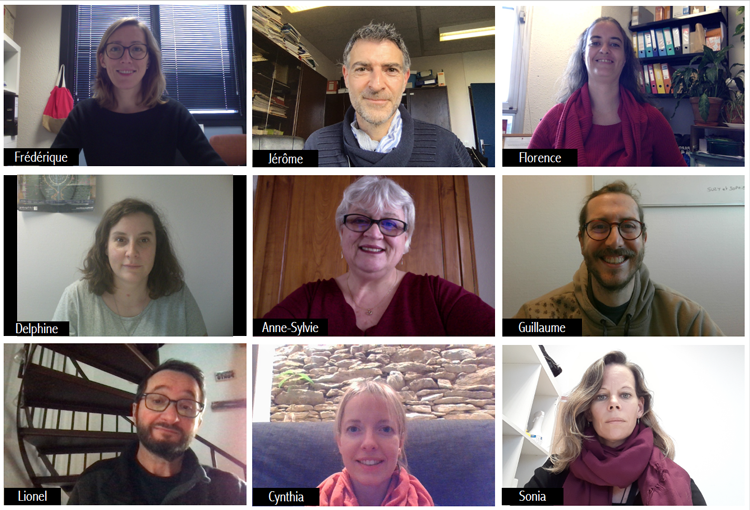Oniris’s animal biological resource centre
What is the CRBA?
The CRBA is an animal biological resource centre. It is a platform belonging to Oniris, a teaching and research institute in higher education that operates under the aegis of France’s ministry of agriculture and food sovereignty.
The CRBA is incorporated into LabOniris, a platform for veterinary advice and diagnoses. The CRBA was created in 2011 by Jérôme Abadie and Lionel Martignat. It is a biobank that receives, prepares, conserves and shares animal biological resources that are collected as part of treatment carried out at Oniris’s veterinary university hospital, at partnering veterinary surgeries and in analyses at LabOniris laboratories, while applying quality control and ensuring traceability and continuous improvement. The CRBA was initially certified with the NF S96-900 standard in March 2019. Since 7 March 2022, it has been certified with the ISO 9001:2015 and ISO 20 387 standards.
The biobank includes around ten people: lecturing researchers, veterinary surgeons, engineers and technicians.
Aims of the CRBA
The CRBA has four purposes:
- First, it collects and receives biological resources (tissue samples and blood products) from the treatment of domestic animals that are healthy or are suffering from a spontaneous illness presenting an interest, especially with a view to comparing illnesses. These biological resources are collected as part of treatment carried out at Oniris’s veterinary university hospital and at partnering veterinary surgeries.
The CRBA’s main field of interest and expertise is spontaneous tumorous pathology in dogs and cats.
- Second, it prepares the biological resources collected to produce an animal biobank: different tissue samples (tissue samples that are tumorous, healthy, adipose, etc.), preparation of blood products, extraction of derivatives (nucleic acids, etc.), development of cell lines, etc.
- Third, it conserves the biological resources that it has collected and prepared, doing so in optimal conditions using the equipment that it has:
- Biological samples are conserved in freezers at -30°C and -80°C, monitored around the clock with temperature sensors that trigger alerts above a certain threshold; liquid nitrogen can also be used for cell lines. Samples in paraffin wax are kept at room temperature.
- Data relating to the biological samples (clinical and pathological annotations, owner’s consent, storage of samples, etc.) is recorded in a database and saved weekly.
- Fourth, it promotes the biocollection by making these biological resources available to the scientific community for the purposes of research and development. The CRBA also manages new biocollections, setting up new collection circuits if need be.
The CRBA’s quality-based approach
Ever since the CRBA was created, it has been keen to meet high standards in regard to quality and expertise. It has therefore followed certifying procedures to give itself structure and promote continuous improvement of its activities.
Since 2007, the French standard NF S96-900 has specifically concerned the quality management system of biological resource centres and the quality of biological resources. This standard was developed based on an approach that is compatible with the international standard ISO 9001 and the guiding principles of the OECD.
- The CRBA was certified with the standard NF S96-900 in March 2019 (through the certification company Euro-Quality System). The CRBA also decided to work towards meeting the new international standard of quality ISO 20387 , which was introduced at the end of 2020, because of the considerable internationalisation of biobanking. The latter standard, which is coherent with the standards ISO 9001 and NF S96-900, specifies ‘general requirements for the competence, impartiality and consistent operation of biobanks, including quality control requirements, to ensure biological material and data collections of appropriate quality.’
- For the renewal of its certification on 7 March 2022, the CRBA obtained the double certification ISO 9001 (v.2015) and ISO 20387 (v.2020) (through the certification company Euro-Quality System).
This approach ensures the quality of the biological resources that the CRBA makes available for the local, national and international community of researchers
The CRBA’s partners
LabOniris is made up of four units, the first three of which carry out analyses: the units of clinical biology, mycology and parasitology, and anatomical pathology. The biobank unit, represented by the CRBA, is incorporated into LabOniris, so that waste from treatment and residues from analyses can be used for the purposes of research.
The CRBA is a long-standing partner of the national network Cani-DNA, a French biobank of samples from dogs, and from 2012 to 2022 it took part in the public investment scheme for CRB-Anim, a structure that supports biological resource centres for animal species. Since the start of 2022, the CRBA has officially been part of the French national research structure RARe. This network operates under the aegis of INRAE (France’s national institute for research in agriculture, food and the environment). It brings together five networks of biological resource centres that conserve genetic, genomic and biological resources from animals, plants, micro-organisms, the environment and forests.
The CRBA is also part of Le Club 3C-R, a French-speaking learned society for biobanks.
The CRBA Team
Contact details
Oniris
Site de la Chantrerie44307 NANTES Cedex 3
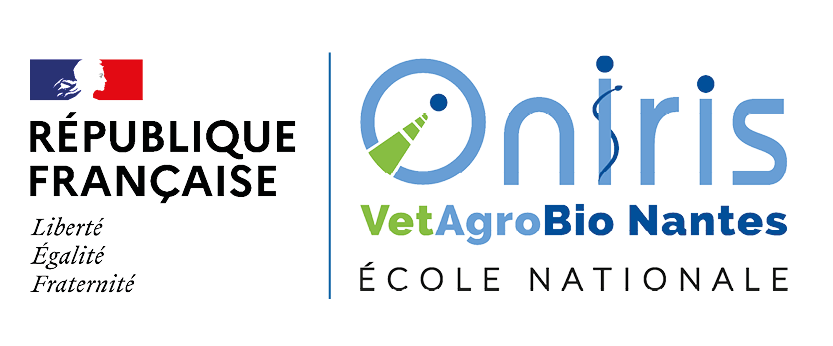
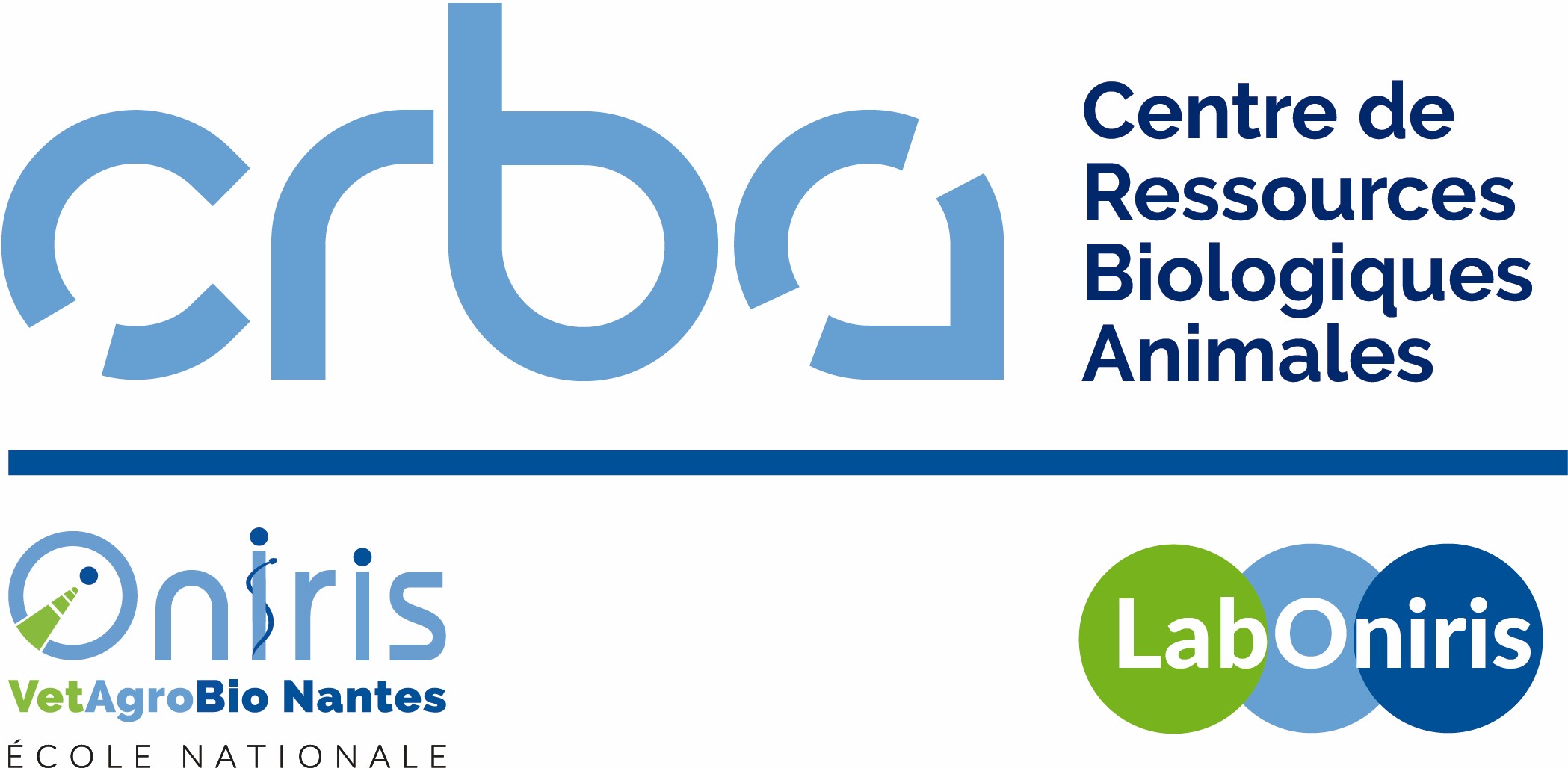


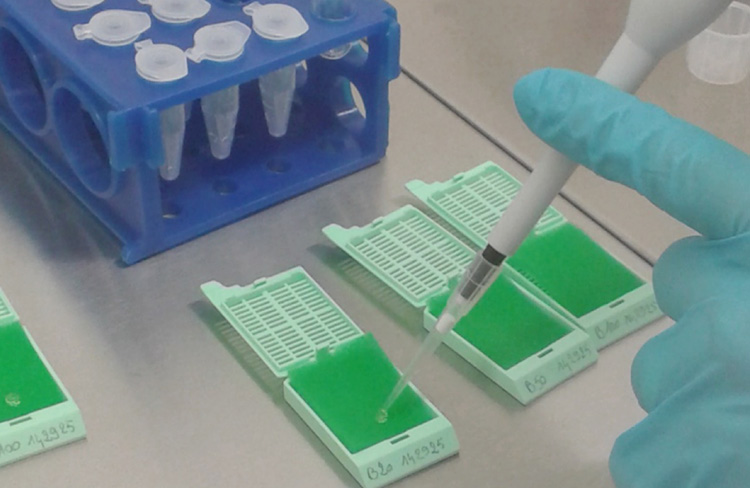
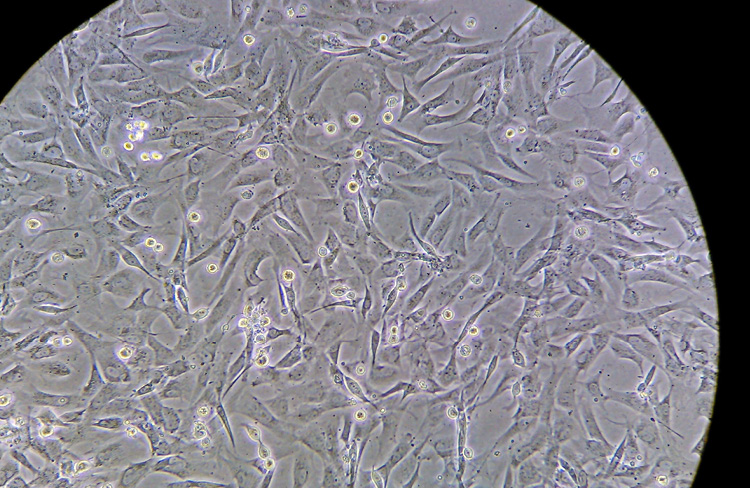
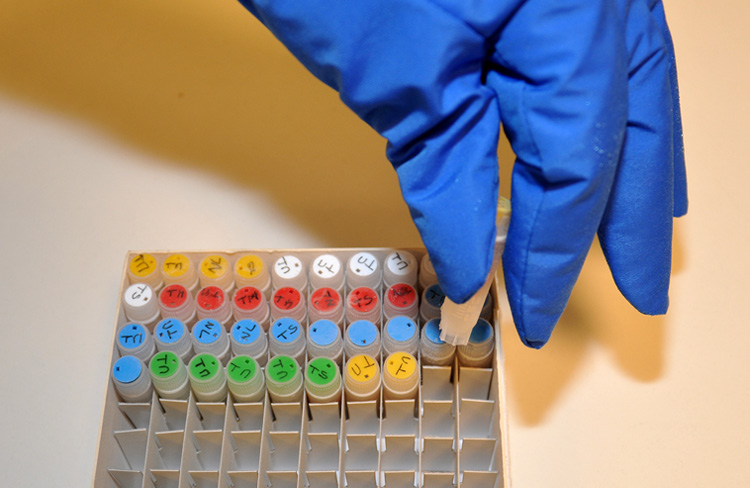
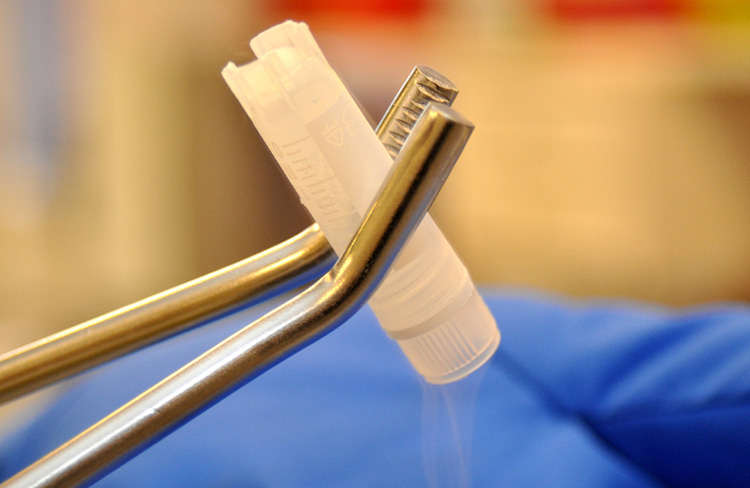
![[Translate to English:] ISO 9001 2015](https://www.oniris-nantes.fr/fileadmin/Laboniris/CRBA/crba-oniris-iso9001-2015.jpg)
![[Translate to English:] ISO 20387 2018](https://www.oniris-nantes.fr/fileadmin/Laboniris/CRBA/crba-oniris-iso20387-2018.jpg)
![[Translate to English:] partenaires CRBA Oniris](https://www.oniris-nantes.fr/fileadmin/Laboniris/CRBA/logos-partenaires-crba.jpg)
